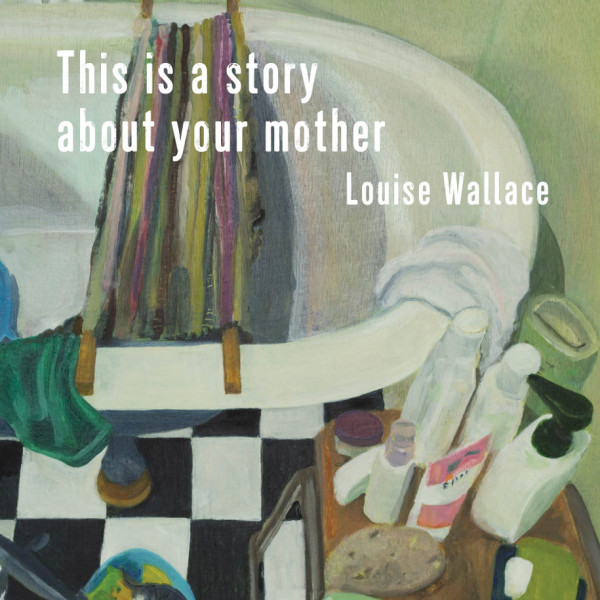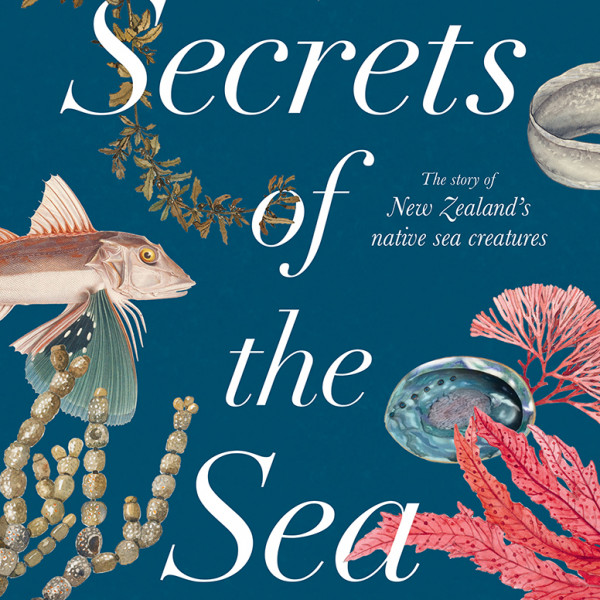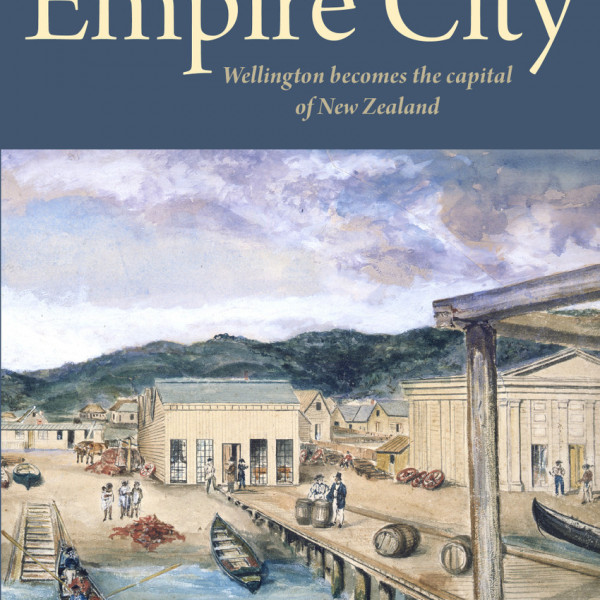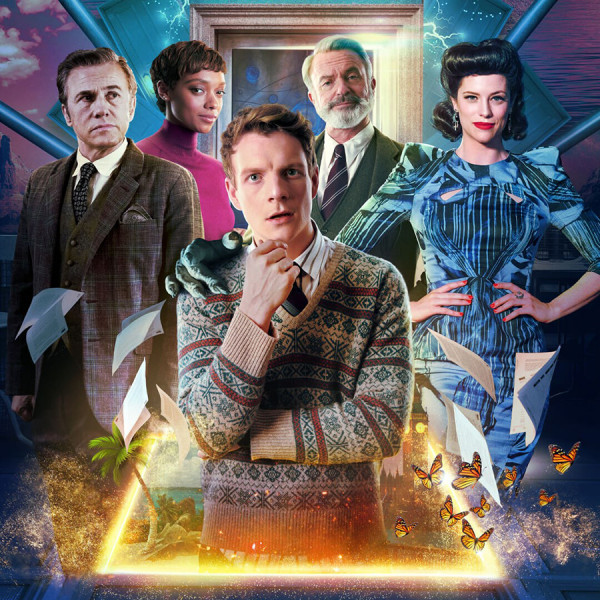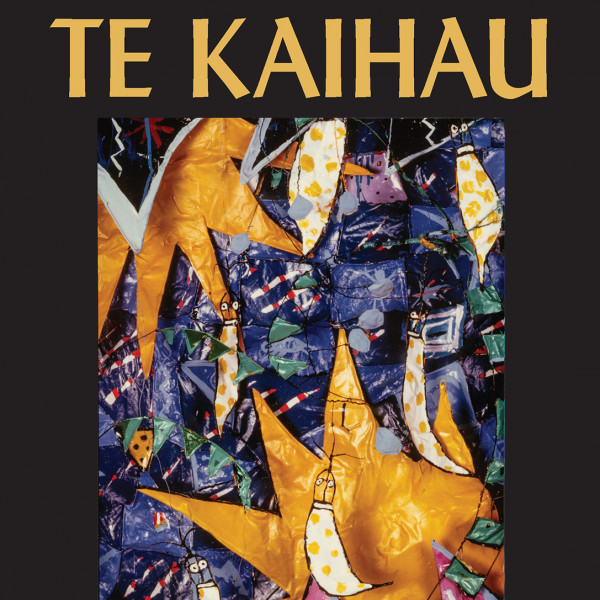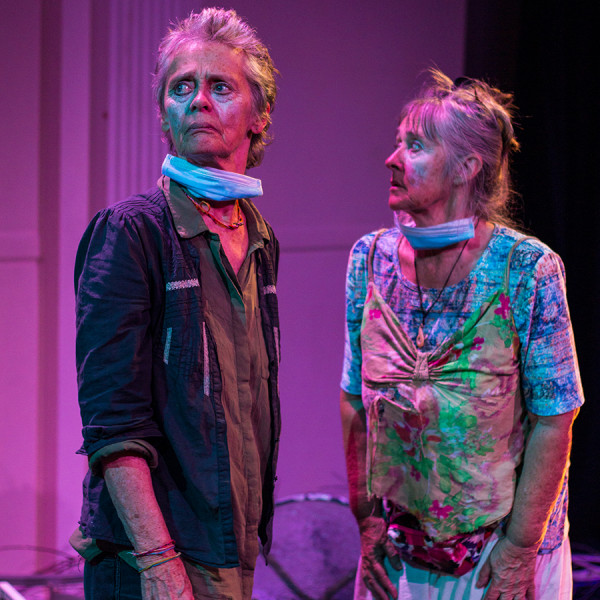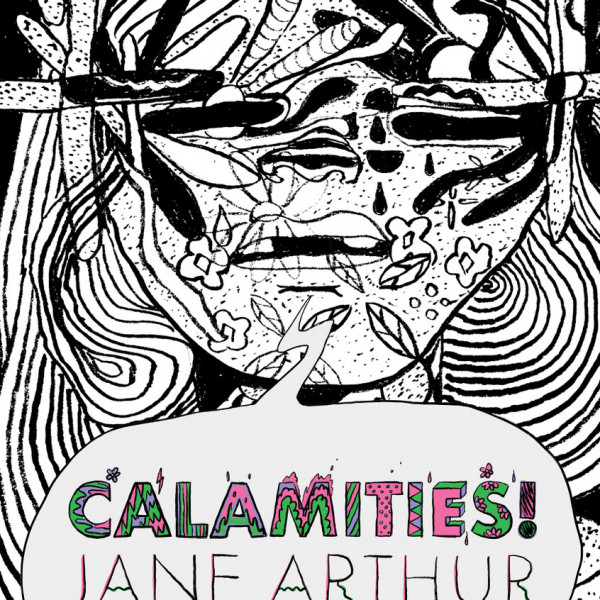
What’s your idea of a calamity? “An event causing great damage or distress”, the dictionary says. For Jane Arthur, who has titled her poetry collection thus, a calamity might amount to anything from an anticipated apocalypse, to posing philosophical questions like “Do we live only to the limits of our comprehension?”, to a meditation on dead flies.
Such a range allows the sometimes startling, sometimes amusing observations, reflections, and imaginings that preoccupy the writer. How, All Right begins with “I want to get morbid I want to get morbid” and concludes with “Now, knowing the more one learns, the worse one feels!” That seems to me a self-fulfilling prophecy: how you begin is how you might end.
I’m much more at home with the concreteness and immediacy of Princes and Priests. “The celebrities are having mental / health breakdowns and people / are lining up for tickets.” Ring any bells?
The section titled The Bear – sandwiched between Risk Assessment and Highly Flammable – provides welcome relief from the writer’s existential anxieties. She has chosen the pronouns “they” and “them” to refer to the bear, and I find myself wondering if the animal kingdom is as much concerned about this matter as we humans. In the meantime, I’ll have to grin and bear it.
The lengthiest poem, and my favourite, is Choose Again, in which Arthur liberally employs the poet’s most useful literary device – metaphor – to make her point. The poem is a contemplation on shame – of its causes and effects. Likening shame to “an ulcer on the inside / of your cheek / that you nibble on sometimes” is uncomfortably effective, as is “I am a bird / sticking my beak between / the bars of my cage to see if the air / is purer on the outside.”
Her final poem Imaginary Den summarises the theme of this disturbingly prophetic collection with a plea: “Let me dig my little hole. Let me / settle down into it, feigning safety, let me.”




